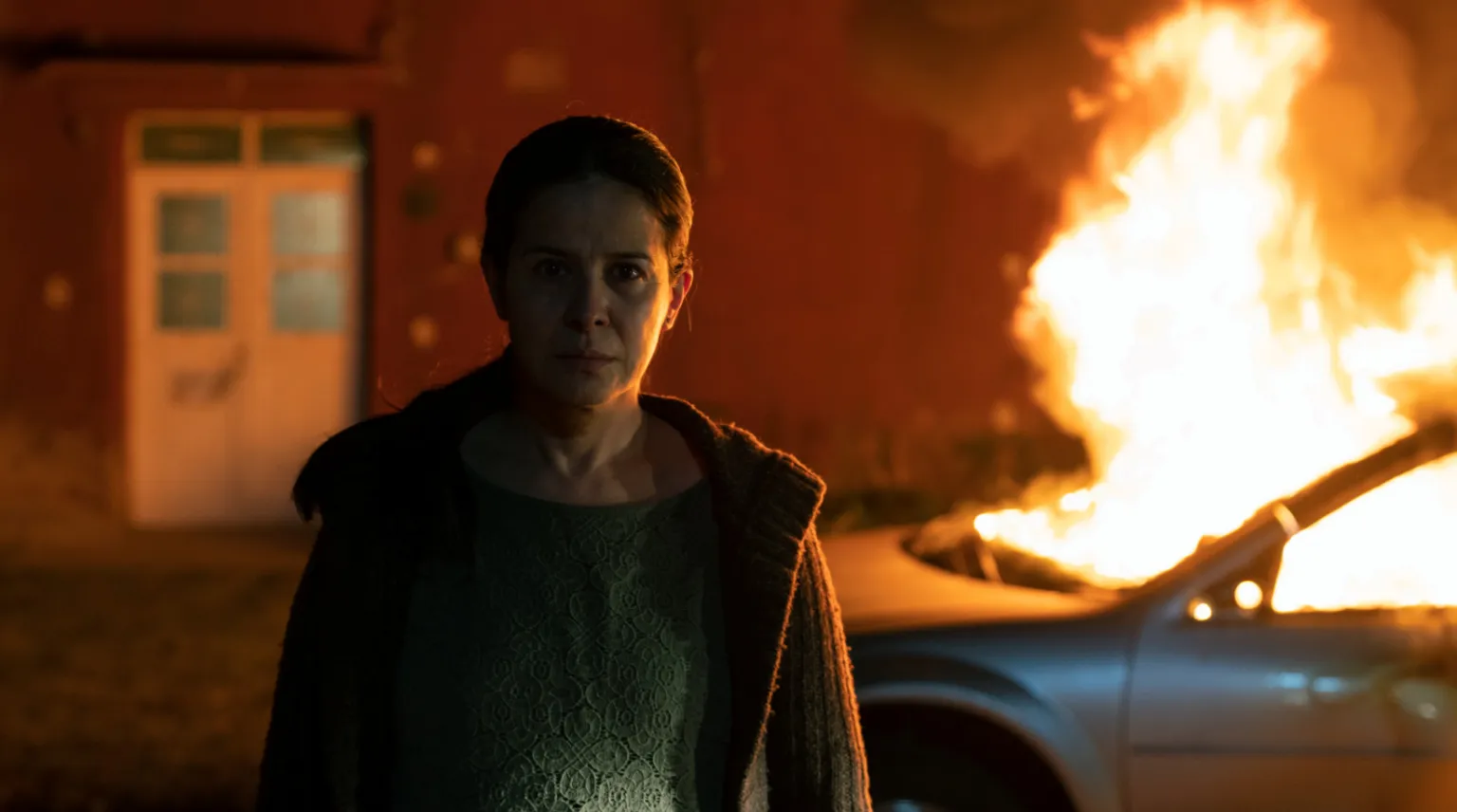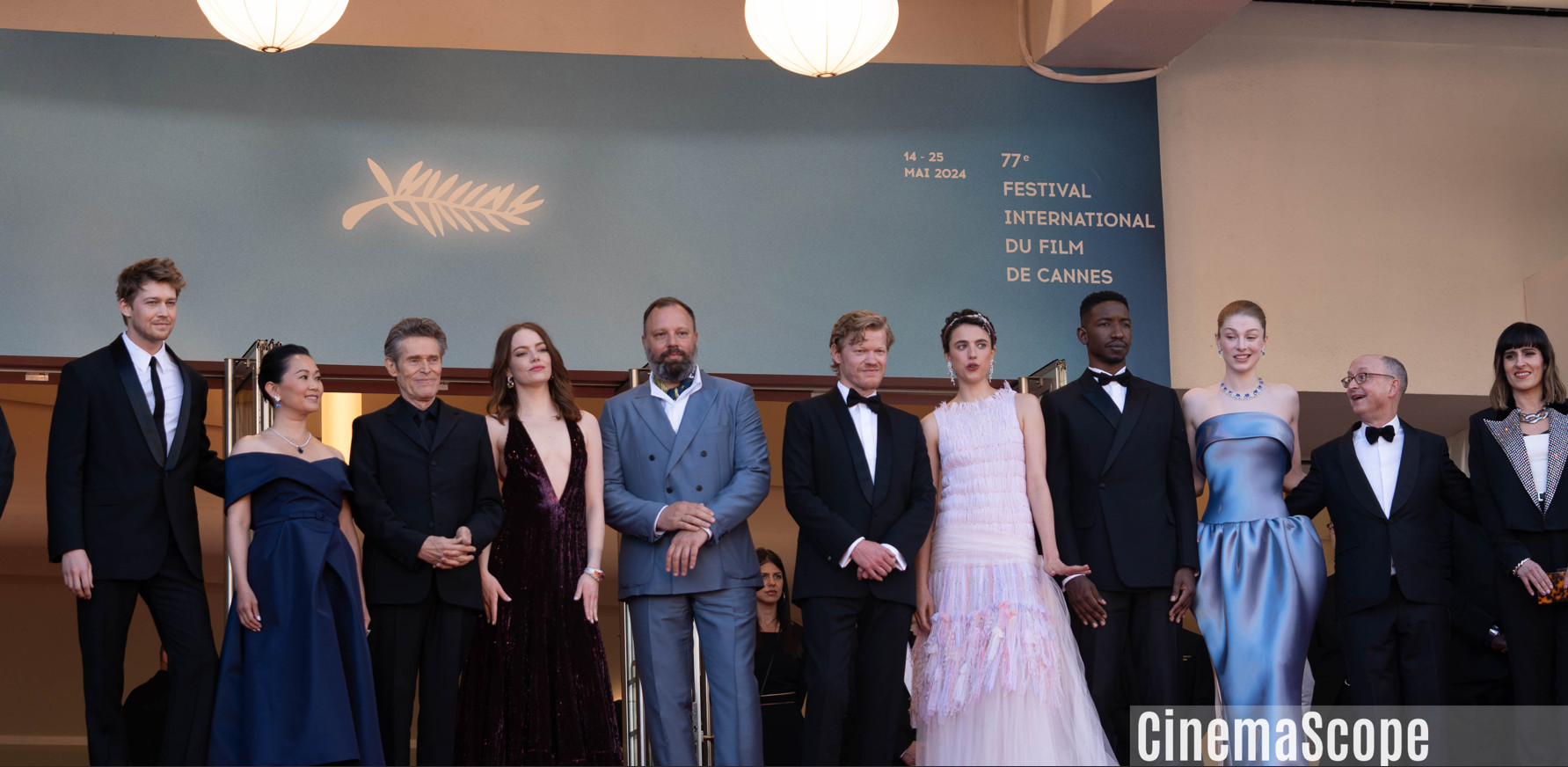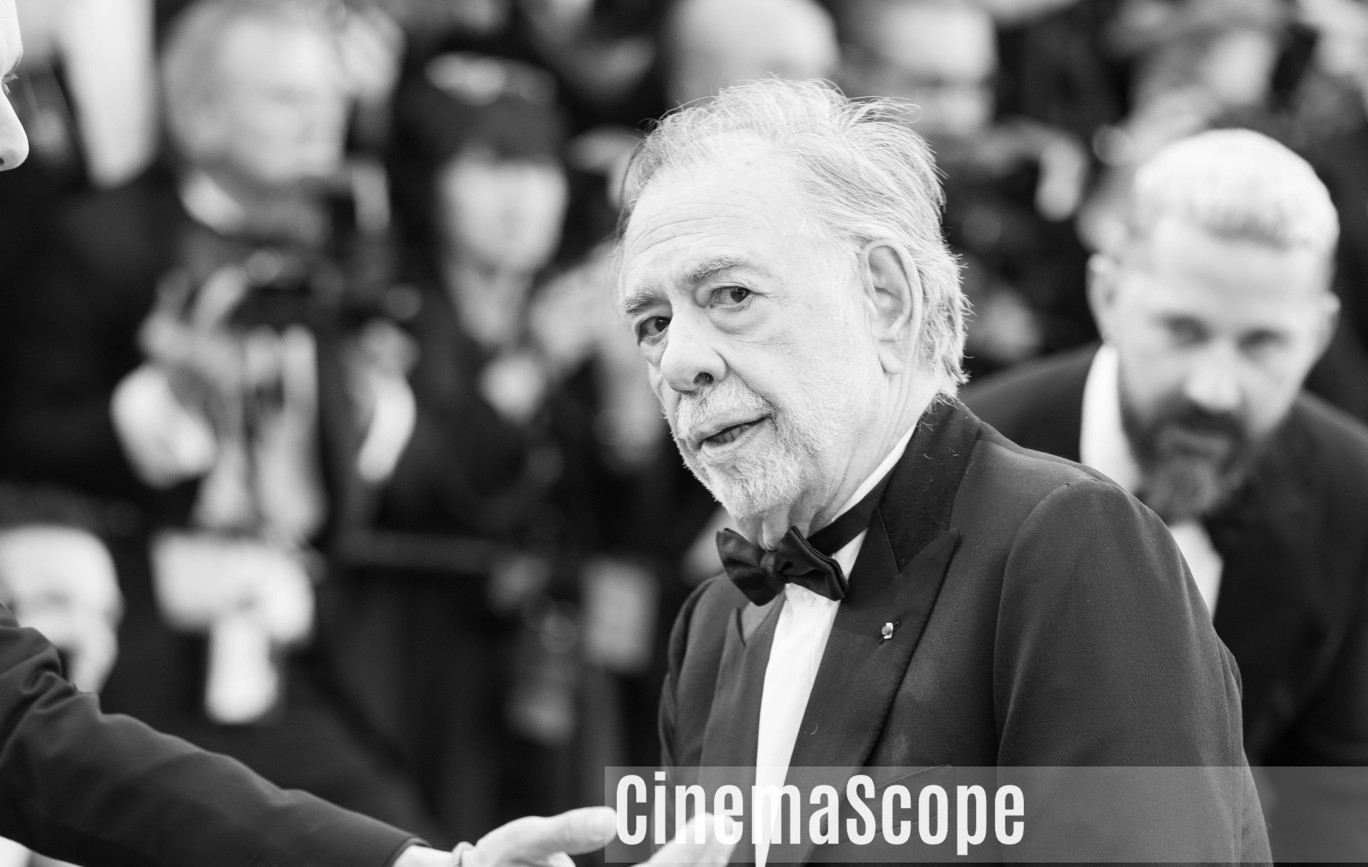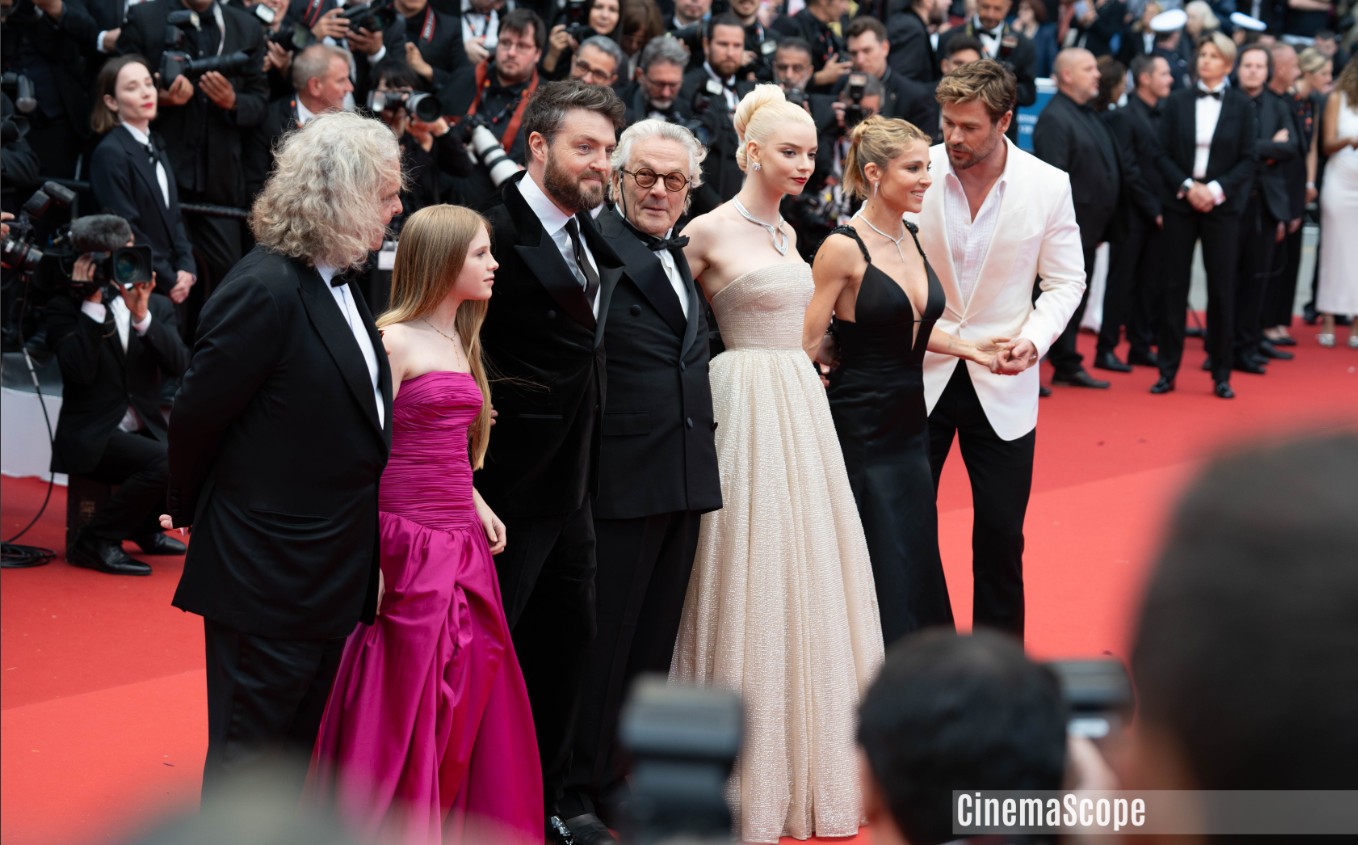Photo by Victoria Mazurova
Cannes
LA CIVIL a Belgian film by Teodora Ana Mihai will premiere in the Official Selection / Un Certain Regard of the Cannes Film Festival

It has just been announced that Belgian Flemish film La Civil by Teodora Ana Mihai has been chosen for the Official Selection of the Festival de Cannes 2021, in the ‘Un Certain Regard’ section. Following on from Hugo Claus’s The Sacrament in 1990 and Lukas Dhont’s Girl in 2018, this is only the third time in recent history that a Belgian Flemish production has been included in the prestigious official selection.
La Civil is the first fiction feature by Belgian-Romanian director, Teodora Ana Mihai (born 1981). The film tells the story of Cielo, a Mexican mother searching for her daughter who has been abducted by members of a drug cartel. As the authorities fail to help her, Cielo takes things into her own hands and gradually turns from housewife to avenging activist. The film was shot in November-December 2020 in Durango, Mexico, during the COVID-19 pandemic. La Civil is based on real events and is the result of several years of extensive research undertaken by the director in collaboration with Mexican writer Habacuc Antonio de Rosario.
The film was produced by Menuetto (Hans Everaert), an Antwerp-based production company in coproduction with high-profile partners, including the Dardenne brothers from Belgium (several Palmes d’Or), Cristian Mungiu from Romania (Palme d’Or) and Michel Franco from Mexico (Silver Lion, Venice). Cinéart will release the film in Belgium end 2021.
“I am truly happy with this selection in Cannes. I’m incredibly grateful that it has been possible to tell this heart-breaking story of families who lost their children to drug cartels, says Teodora Mihai. La Civil is a film about a strong woman and mother who refuses to be a victim and defends herself. She is motivated by a primal force to find her daughter at whatever cost. It is a universal story that will touch everyone.“, says Teodora Ana Mihai.
La Civil was inspired by the terrifying stories of drug cartel victims and their families, such as the compelling and tragic life of Miriam Rodríguez, recently featured in the New York Times. The atmosphere of La Civil is reminiscent of the crime drama series Narcos, but is narrated from the victim’s point of view. Mexican writer Habacuc Antonio De Rosario co-wrote the screenplay with Teodora Mihai.
SYNOPSIS
La Civil tells the story of Cielo, a mother in search of her daughter, abducted by a drug cartel in Northern Mexico. As the authorities fail to offer support in the search, Cielo takes matters into her own hands.
Cielo begins her own investigation and earns the trust and sympathy of Lamarque, an unconventional army Lieutenant working in the region. He agrees to help Cielo in her search, because her research data could be useful to his operations as well. Cielo’s collaboration with Lamarque pulls her further into a vicious cycle of violence.
The film focusses on Cielo’s emotional rollercoaster, as she is drawn into increasingly intense and dangerous circumstances. The camera stays close, we never lose sight of her as she gradually transforms from housewife into avenging activist.
As events unfold, Cielo gets closer to the truth: discovering a mass grave, obtaining official DNA analyses, confronting one of the presumed kidnappers, but corruption and apathy keep her from finding resolution. Until the end finally comes, unpredictable and uninvited…
The story was inspired by true events.
Cast
The lead role is played by Arcelia Ramirez, who starred in Such Is Life (Cannes, 2000) and I Carry You with Me(Sundance 2021). Álvaro Guerrero plays the role of the father, Gustavo. The charismatic Lieutenant Lamarque is played by Jorge A. Jimenez (Narcos and From Dusk till Dawn).
Bio Director
Teodora Ana Mihai was born in Bucharest, Romania, during the Ceausescu regime and moved to Belgium in 1989 with her parents. She discovered her passion for cinema at high school in San Francisco, California and went on to film school in New York. She started work in Belgium as a screen writer and then assistant director, in particular, for Frank Van Passel. Her documentary Waiting for August has won prizes in over ten countries and was nominated for the European Film Awards.
Bio Scriptwriter
Habacuc Antonio De Rosario is a Mexican writer from Reynosa. In 2014 his book Without Trenches won the prestigious Premio Binacional de Novela Joven Frontera de Palabra (Border of Words Binational Youth Novel Prize). His latest book No me van a agarrar durmiendo (They won’t catch me sleeping) will be published by Dharma Books in the autumn of 2021.
Crew
The director of photography is the famous Romanian Marius Panduru, who has made numerous films selected in festivals around the world. La Civil was edited by Alain Dessauvage, who also edited Girl (2018) and so this is therefore his second film to be chosen for the official selection at Cannes.
Production
La Civil is a production from Belgian company Menuetto (Hans Everaert) in coproduction with One for the Road (Teodora Ana Mihai – Belgium), Les Films du Fleuve (Brothers Dardenne – Belgium), Mobra Films (Cristian Mungiu – Romania) and Teorema (Michel Franco – Mexico). Menuetto is a production company established in 2017 by Hans Everaert, former general manager of Menuet (Girl, The Broken Circle Breakdown and The Misfortunates).
The project was developed in collaboration with the Cinéfondation (Festival de Cannes) and Torino Film Lab. The main funder of La Civil was the Flanders Audiovisual Fund (VAF) with additional support from the Belgian Cinema and Audiovisual Centre, the Romanian Film Centre (CNC) and Eurimages. Urban Distribution International is the sales agent of La Civil.
By: Daniela
Cannes
“Kinds Of Kindness” Red Carpet at the 77th annual Cannes Film Festival at Palais des Festivals on May 17, 2024 in Cannes, France.

Joe Alwyn, Hong Chau, Willem Dafoe, Emma Stone and Yorgos Lanthimos attend the “Kinds Of Kindness” Red Carpet at the 77th annual Cannes Film Festival at Palais des Festivals on May 17, 2024 in Cannes, France
Cannes
“Megalopolis” Red Carpet at the 77th Cannes Film Festival

D. B. Sweeney, Grace VanderWaal, Giancarlo Esposito, Aubrey Plaza, Francis Ford Coppola, Romy Croquet Mars, Adam Driver and Nathalie Emmanuel attend the “Megalopolis” Red Carpet at the 77th annual Cannes Film Festival at Palais des Festivals on May 16, 2024 in Cannes, France.
Cannes
“Furiosa: A Mad Max Saga” (Furiosa: Une Saga Mad Max) Red Carpet at the 77th annual Cannes Film Festival

“Furiosa: A Mad Max Saga” (Furiosa: Une Saga Mad Max) Red Carpet at the 77th annual Cannes Film Festival at Palais des Festivals on May 15, 2024 in Cannes, France.
Photo by Victoria Mazurova


































